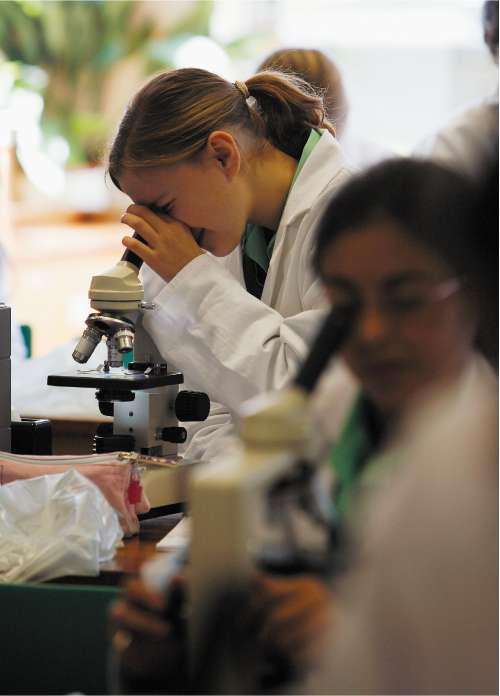University to offer science courses for students who bypass A-levels

Your support helps us to tell the story
From reproductive rights to climate change to Big Tech, The Independent is on the ground when the story is developing. Whether it's investigating the financials of Elon Musk's pro-Trump PAC or producing our latest documentary, 'The A Word', which shines a light on the American women fighting for reproductive rights, we know how important it is to parse out the facts from the messaging.
At such a critical moment in US history, we need reporters on the ground. Your donation allows us to keep sending journalists to speak to both sides of the story.
The Independent is trusted by Americans across the entire political spectrum. And unlike many other quality news outlets, we choose not to lock Americans out of our reporting and analysis with paywalls. We believe quality journalism should be available to everyone, paid for by those who can afford it.
Your support makes all the difference.Pupils will soon be able to study science at one of Britain's most prestigious universities without having to take A-levels.
Newcastle University, a member of the Russell Group – which represents the top 20 higher education research institutions – will allow students to bypass A-levels in an attempt to increase the take-up of shortage subjects.
The move could have far-reaching implications for the examination system in the UK, with other universities poised to follow suit.
Under the Newcastle plan, instead of studying for the traditional three A-levels in the sixth-form, students will start studying degree-level courses with the Open University (OU). They will be guaranteed a university place provided they can complete the modules. Sixty places at Newcastle are being set aside at the university for students who opt for this approach.
The agreement, in partnership with the OU and Monkseaton High School, one of the leading comprehensive schools in the North-east, was reached because of worries over the number of talented pupils dropping subjects such as science and maths in the sixth-form, some as a result of worries that the subjects may be too difficult.
Backers of the scheme point out that pupils who take the new route will find the transition to the university style of learning easier – as they will already have coped with degree modules. Newcastle may also offer places in other subject areas with a shortage of students, such as maths, engineering and technology.
Heather Finlayson, dean of undergraduate studies at Newcastle, said: "This new route is not an easy option – it's simply a different way of working. Our overall aim is to try to increase the number of high quality science students who would benefit from a university education and we believe this is one way to do that."
Margaret Chaytor, national co-ordinator for the Open University's Young Applicants in Schools Scheme, which will devise the modules, said pressure of exams was one reason students were under-performing at A-level in shortage subjects.
The scheme will put another question mark over the future of A-levels as the main route to university entry. The Schools Secretary, Ed Balls, has indicated he could envisage the Government's new diplomas – to be launched in September – taking over that role from GCSEs and A-levels.
But Paul Kelley, headteacher at Monkseaton High School, said: "This is not about getting rid of A-levels but about offering students choice. This new route offers them the chance to experience university learning in the sixth-form and will inspire them to become the scientists, engineers, mathematicians and technologists we so desperately need."
Subscribe to Independent Premium to bookmark this article
Want to bookmark your favourite articles and stories to read or reference later? Start your Independent Premium subscription today.
Join our commenting forum
Join thought-provoking conversations, follow other Independent readers and see their replies
Comments